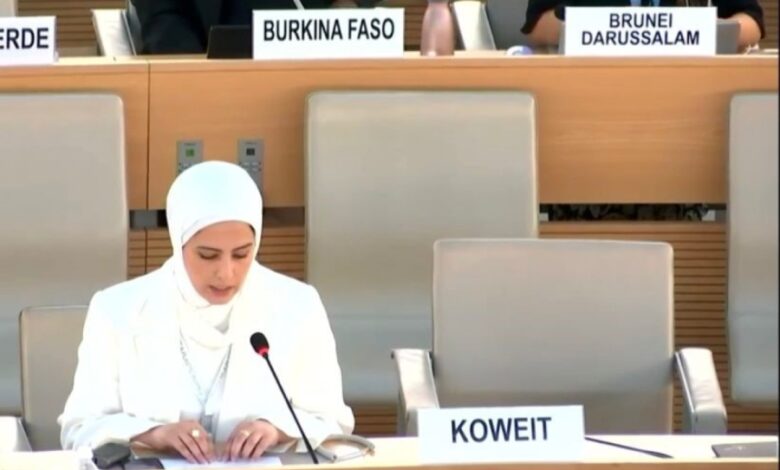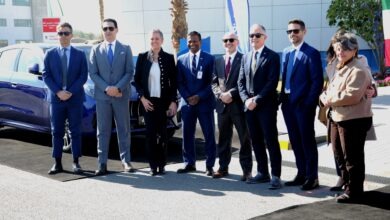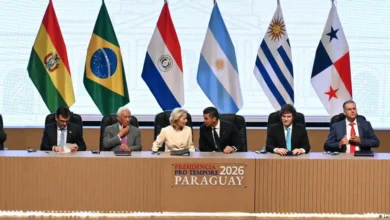
The State of Kuwait reaffirmed its strong commitment to technical cooperation as a vital tool for advancing the objectives of the 2030 Agenda for Sustainable Development.
This affirmation came during a speech delivered by Asma Al-Hajji, Diplomatic Attaché of Kuwait’s delegation to the United Nations in Geneva, during a panel discussion on “Capacity Building and Technical Cooperation in the Field of Human Rights,” held as part of the 59th session of the UN Human Rights Council, reports Al-Rai daily.
Al-Hajji highlighted the need to exchange expertise and share successful experiences among countries based on principles of partnership, mutual understanding, and respect for cultural and societal particularities. This approach, she noted, creates a supportive environment for promoting human rights and fundamental freedoms.
She reiterated Kuwait’s readiness to maintain constructive engagement with United Nations mechanisms and to back all initiatives that aim to build national capacities and empower countries to uphold rights and freedoms in a spirit of solidarity and mutual respect.
Al-Hajji also stressed the need to avoid politicization and selectivity in delivering technical assistance and capacity-building efforts. She underscored Kuwait’s commitment to fair and respectful cooperation with all nations.
Furthermore, she emphasized that such cooperation should be tailored to the specific needs and priorities of each country, ensuring alignment with their development strategies and goals across relevant sectors.
The discussion also explored how technical cooperation and capacity-building efforts support the Office of the High Commissioner for Human Rights in strengthening national human rights protection systems.
It underlined the critical role of national institutions and mechanisms in implementing, reporting, and following up on human rights obligations, with the ultimate goal of adopting comprehensive and effective frameworks for protecting fundamental rights and freedoms.




























